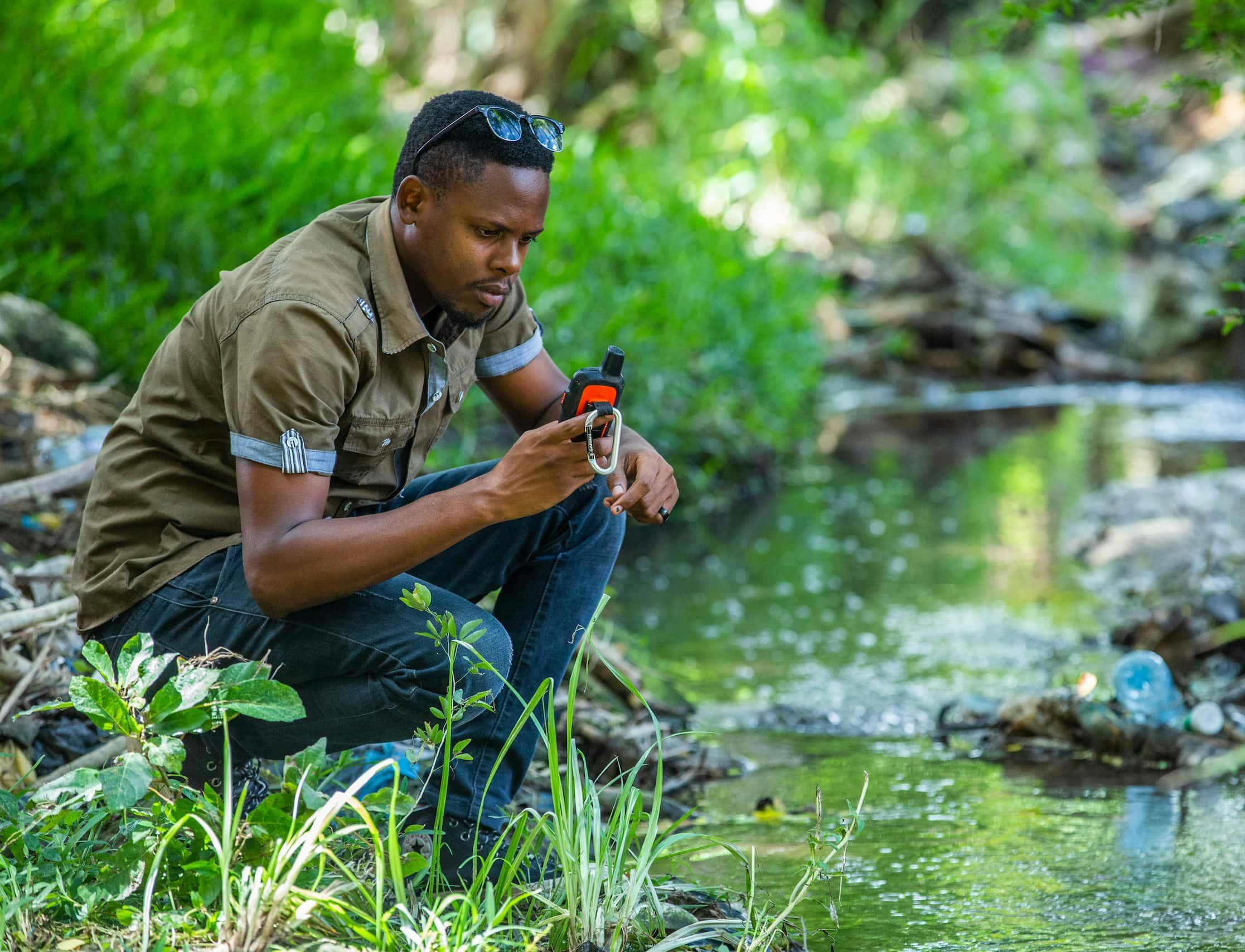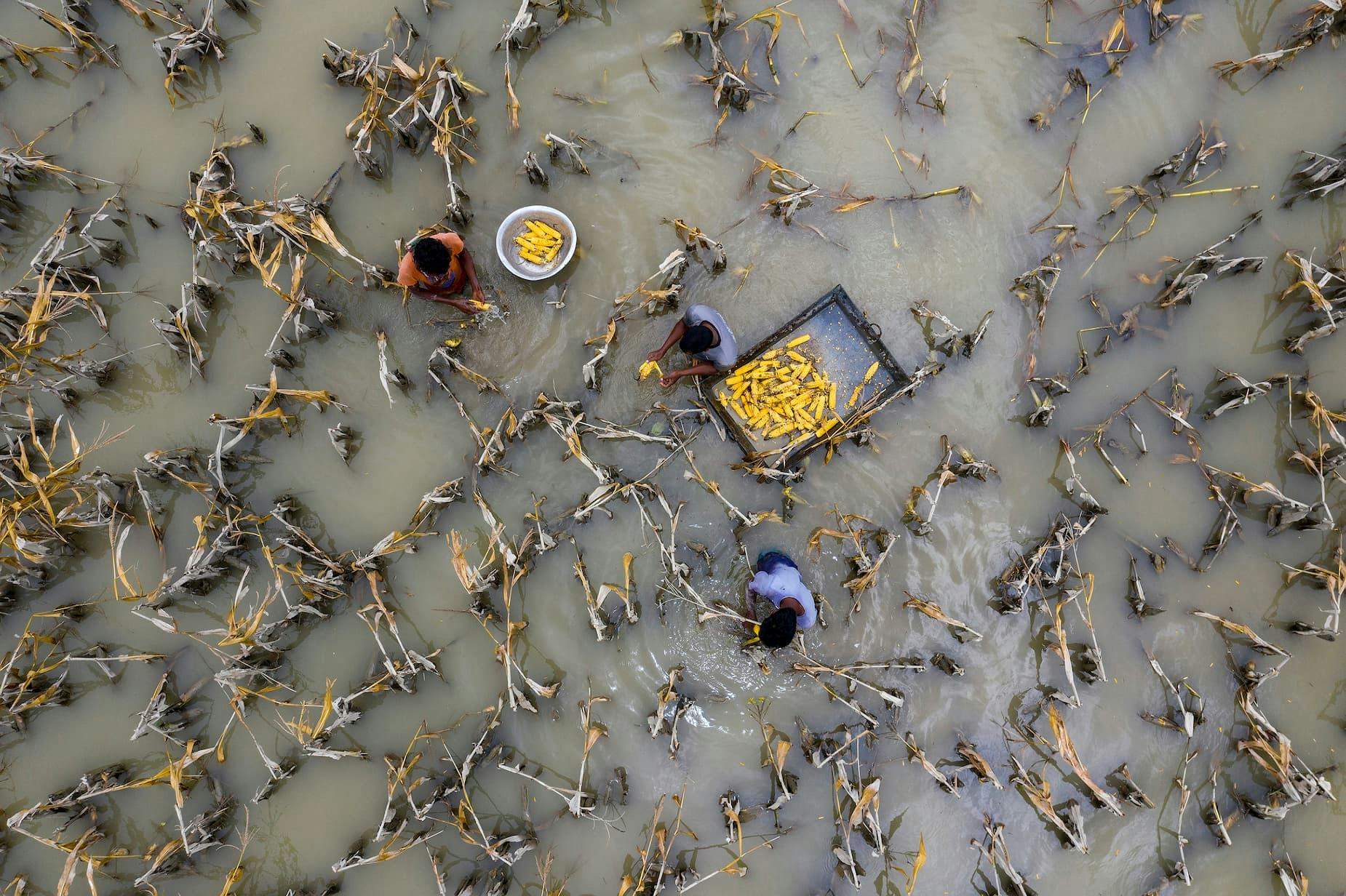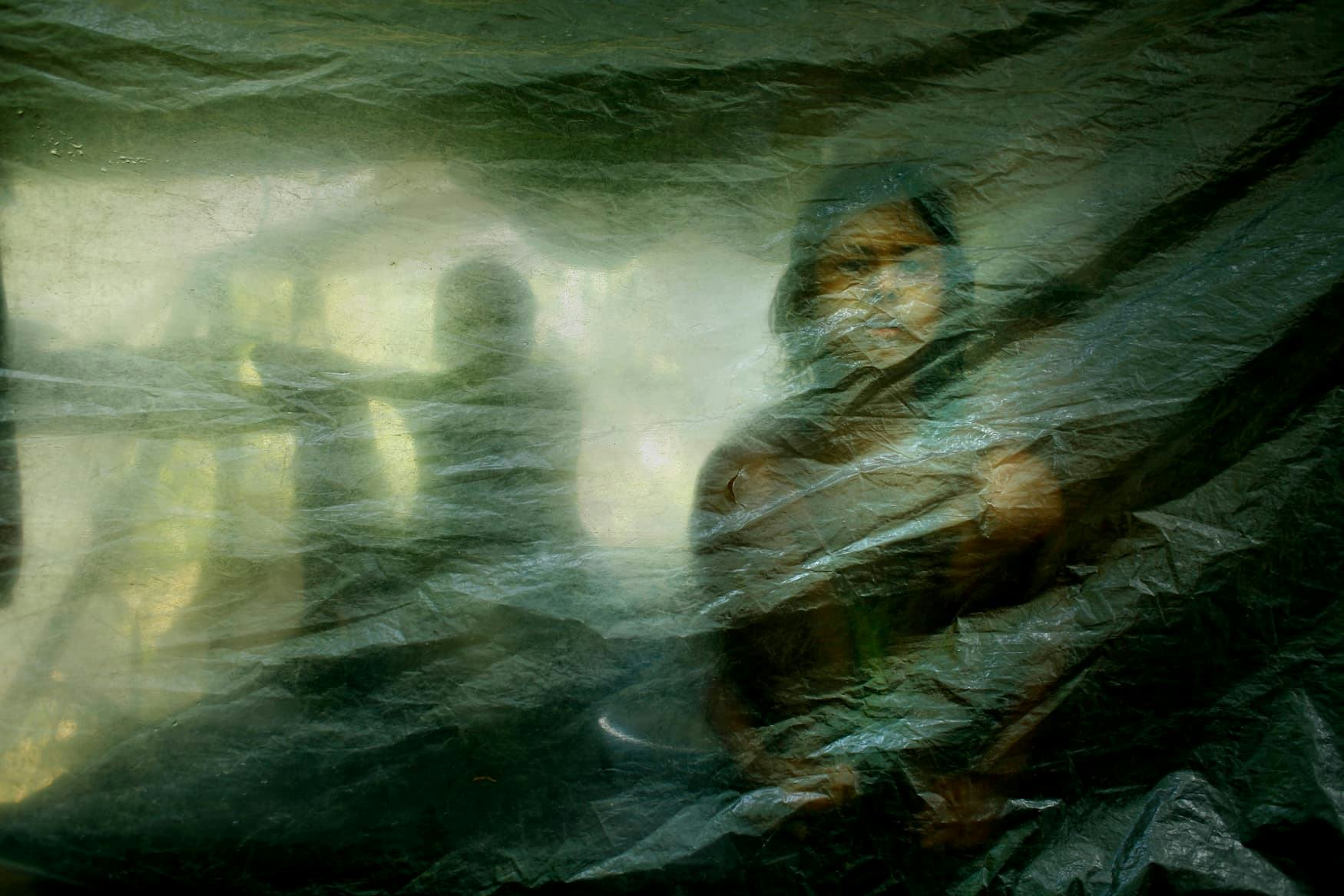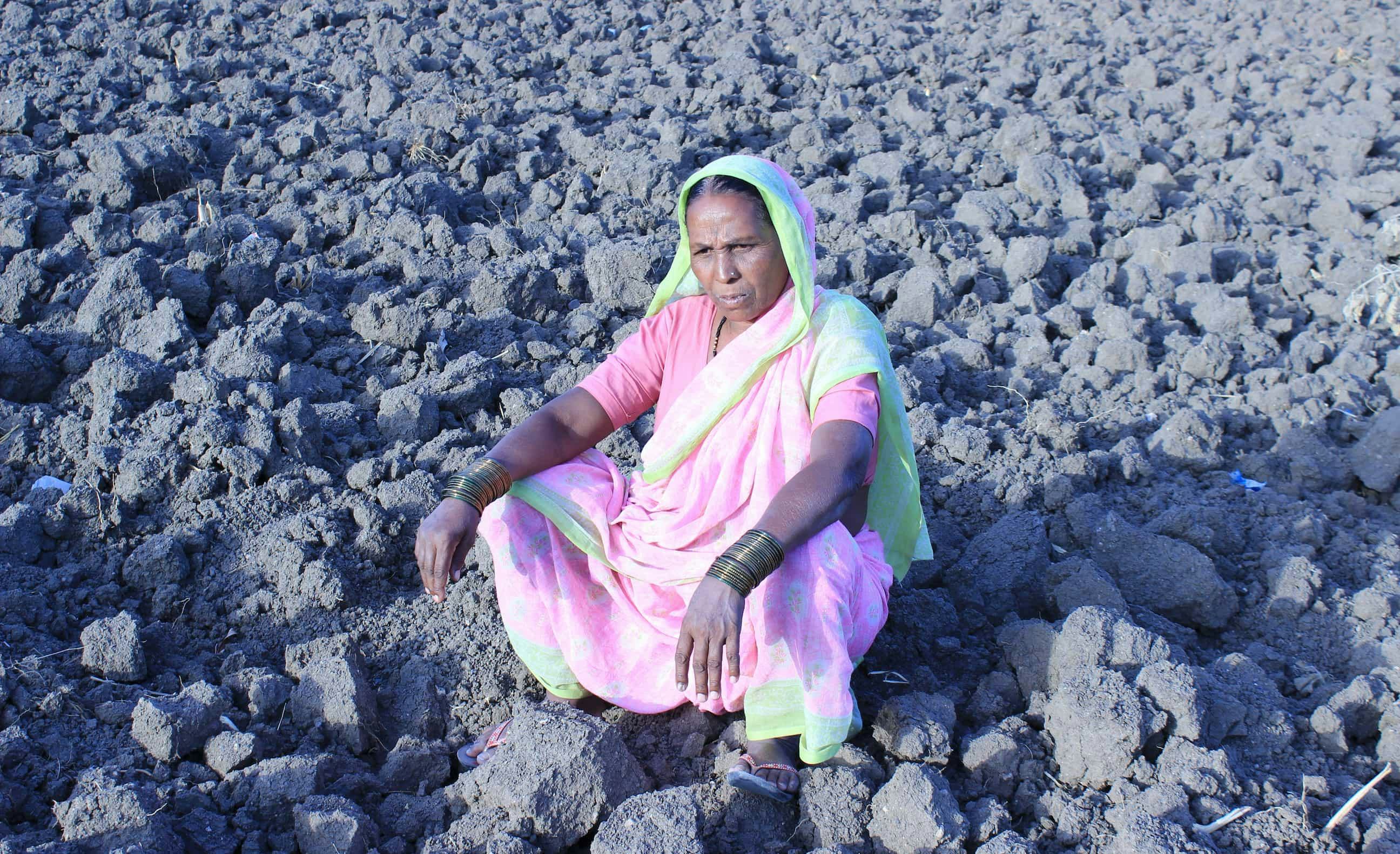2022 Winners
Faces of the Bold
Eliya Uzia, 26
Conservation photographer, Tanzania
A photo of a GIS expert in the field recording coordinates for the project of tracking the rivers that pour water to the Indian ocean at the coast of Dar es Salaam, Tanzania.
The rivers are said to carry a lot of waste materials including plastic materials, since they pass through human settlement and communities that are found near the rivers.
With his environmental conservation background, he aims to provide a detailed map showing the sources of these waste materials from locating areas of illegal dumping sites especially those found near the 12 rivers of interest and propose a new map that will allocate areas that the government should provide the waste bins or collection centres so as to reduce amount of waste thrown to the rivers.
Furthermore he hopes the proposed Arcgis story maps will change behaviour of the general public and will help the government to locate resources to the source areas or needed areas.
Faces of the Brave
Azim Khan Ronnie, 35
Freelance photographer, Bangladesh
Cornfields are submerged in water after a deadly flood devastated the area. Farmers trying to salvage as much as they can from fields destroyed by the annual disaster.
Thousands of hectares of cornfields were swamped by the flood in Sariakandi, Bogura, Bangladesh.
Faces of the Past, Present and Future
Abir Abdullah, 50
Photographer, Bangladesh
Shephali and his brother inside their temporary shelter made by polythene beside a road after lost their house due to the flooding.Chilmari, Kurigram.
"We could not sleep in the night as Tsunami alert was on for the first time in our country. We fear the most because already we face flood twice within a month this year. We do not understand what Tsunami is, but we understand that it is big than flood and destroy everything within hours. And we have to think not only floods but also Tsunami now" ---stated a climate refugee in a remote island in the north.
With the changing climate, the flooding grows ever more extreme and unpredictable. The floods and river erosion cause enormous economic and physical damage. The people of the chars are the most vulnerable of all in a country that is one of the most at risk as the climate heats up.
The Intercontinental Panel on Climate Change indicates that a one meter rise in sea level "could displace nearly 15 million people" from their homes in Bangladesh.
Faces of the Unheard
Siya Borulkar, 17
Student, India
Thousands of miles away from discussions on SDG 13, rising global temperature, shrinking glaciers, dying coral reefs lives an old lady in backward region of Maharashtra, India.
A face representing the less fortunate, resource poor, marginalised community. Over last few decades she has faced challenges of shifting rainfall patterns and repetitive droughts. From childhood working in fields is the only thing she knows other than house chores.
She was married at early age as her father, a poor farmer could not afford to educate and feed her and her siblings. In her early married life her husband ended his life being unable to return his loan due to drought driven agricultural losses.
Since then she is farming small land alone after sending her sons to nearby city for survival. Her eyes are dried like her village well after her alcoholic elder son's suicide, who couldn't cope with urban life. She remains invisible to people who milked the theory of women empowerment.
Here she is sitting in scorching heat in her parched field looking at darkness of future. Her equally parched face, eyes, soul and heart yell that Climate Change isn't only statistics, its about human face! It's about human race!!
Faces of Climate Change was born from the desire to provide a platform to those most affected by climate change but least represented in setting the global agenda.
In this first year, it is telling and worthy of further investigation that so many submissions came from one part of the world. The organisers are committed to present an open, diverse set of stories and over the next few years, to expand the submission universe to contribute to a richer and more inclusive climate narrative.



